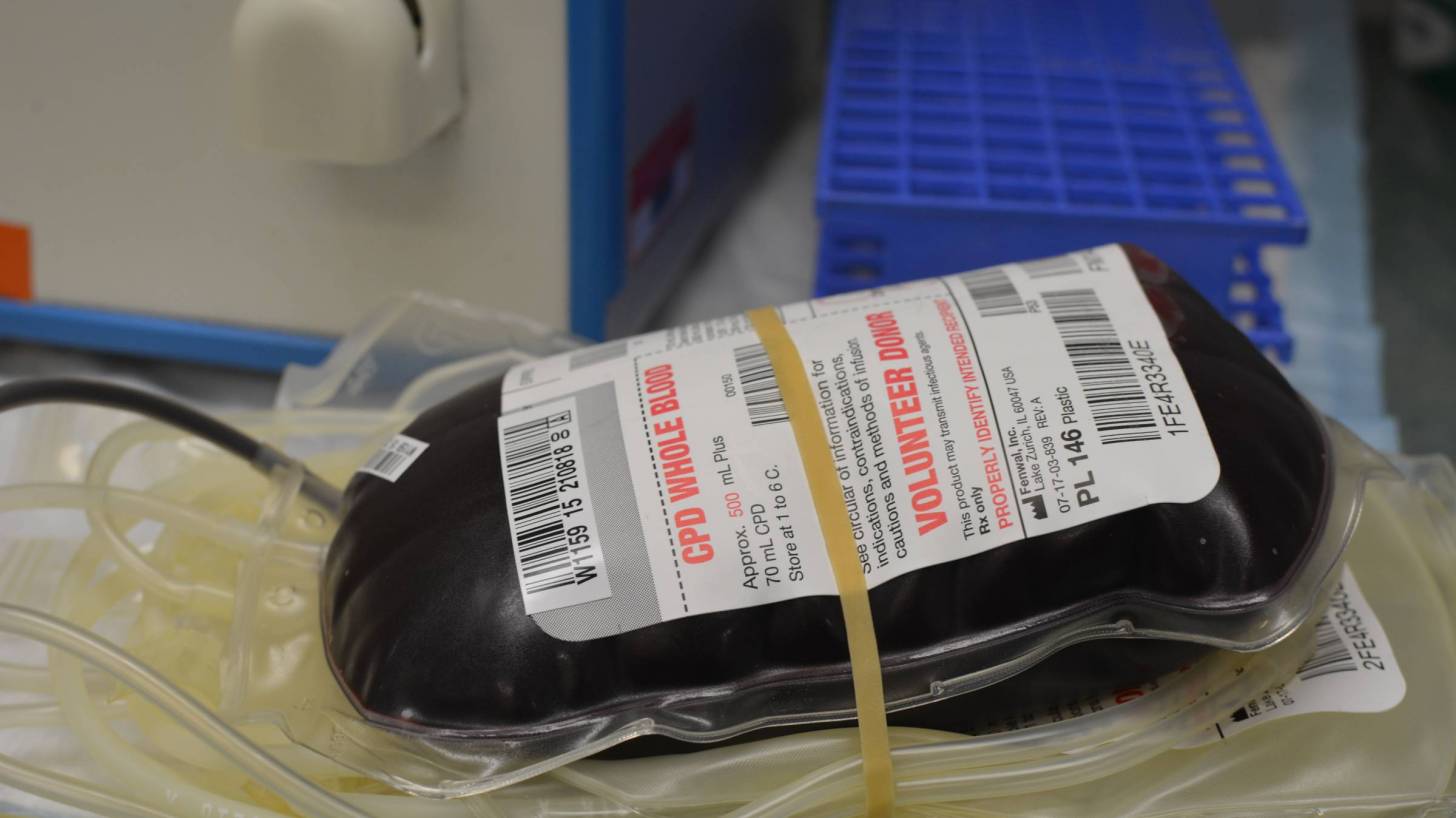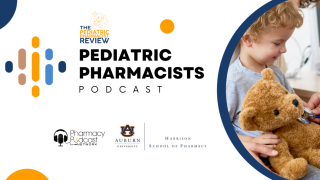Convalescent Plasma Failed to Deliver Significant Benefits for High-Risk COVID-19 Outpatients

The final results of the Clinical Trial of COVID-19 Convalescent Plasma in Outpatients (C3PO) demonstrate that COVID-19 convalescent plasma did not prevent disease progression in a high-risk group of outpatients with COVID-19 when administered within the first week of their symptoms.
As reported in an Original Research article published by the NEJM on August 18, 2021, the trial was stopped in February 2021 due to a lack of efficacy based on a planned interim analysis.
COVID-19 convalescent plasma, also known as “survivor’s plasma,” is blood plasma derived from patients who have recovered from COVID-19.
“We were hoping that the use of COVID-19 convalescent plasma would achieve at least a 10% reduction in disease progression in this group, but instead, the reduction we observed was less than 2%,” commented Clifton Callaway, M.D., Ph.D., the contact principal investigator for the C3PO trial and professor of emergency medicine at the University of Pittsburgh, in a press statement.
“That was surprising to us.”
“As physicians, we wanted this to make a big difference in reducing severe illness, and it did not.”
The reason the intervention did not produce the expected results is unclear, Dr. Callaway said.
He added that the researchers continue to look at possible explanations, including insufficient plasma dose, the timing of plasma administration, host-related factors, or other aspects of the host tissue response to the infection.
Researchers compared outcomes in both groups within 15 days of treatment, looking specifically at whether the patients needed to seek further emergency or urgent care, were admitted to the hospital, or died. The researchers found no significant difference in disease progression between the two groups.
However, the plasma intervention did not cause harm, the researchers found.
“The results show that convalescent plasma does not appear to benefit this particular group,” added Nahed El Kassar, M.D., Ph.D., one of the study’s co-authors and medical officer in the Blood Epidemiology and Clinical Therapeutics branch of the NHLBI’s Division of Blood Diseases and Resources.
“But the findings answer an important clinical question and may help bring researchers a step closer to finding more effective treatments against this devastating disease.”
Additional studies of COVID-19 convalescent plasma are ongoing or planned in different populations. These included the Pass It On trial, a nationwide, NIH-funded randomized clinical trial using convalescent plasma to treat hospitalized adult patients with COVID-19 infection to see if the treatment can help them recover faster.
Other trials include outpatients recovering at home and one in individuals with a high risk of exposure to COVID-19 to see if COVID-19 convalescent plasma can prevent infection.
“We need the results of these other convalescent plasma studies to get a clearer, more conclusive picture of its value for future treatments of COVID-19,” said Simone Glynn, M.D., M.P.H., chief of the NHLBI’s Blood Epidemiology and Clinical Therapeutics Branch, who is coordinating the trial.
The formal conclusions from the trial, which was funded primarily by the National Heart, Lung, and Blood Institute (NHLBI), part of the National Institutes of Health, and by the Biomedical Advanced Research and Development Authority (BARDA), part of the Office of the Assistant Secretary for Preparedness and Response at the U.S. Department of Health and Human Services, appear in the current online issue of The New England Journal of Medicine.
This work was supported by awards 1OT2HL156812-01 from the NHLBI, U24NS100659, and U24NS100655 from the National Institute of Neurological Disorders and Stroke of the National Institutes of Health, and contract 75A50120C00094 from BARDA.
PrecisionVaccinations publishes fact-checked research-based vaccine news.
Our Trust Standards: Medical Advisory Committee

























